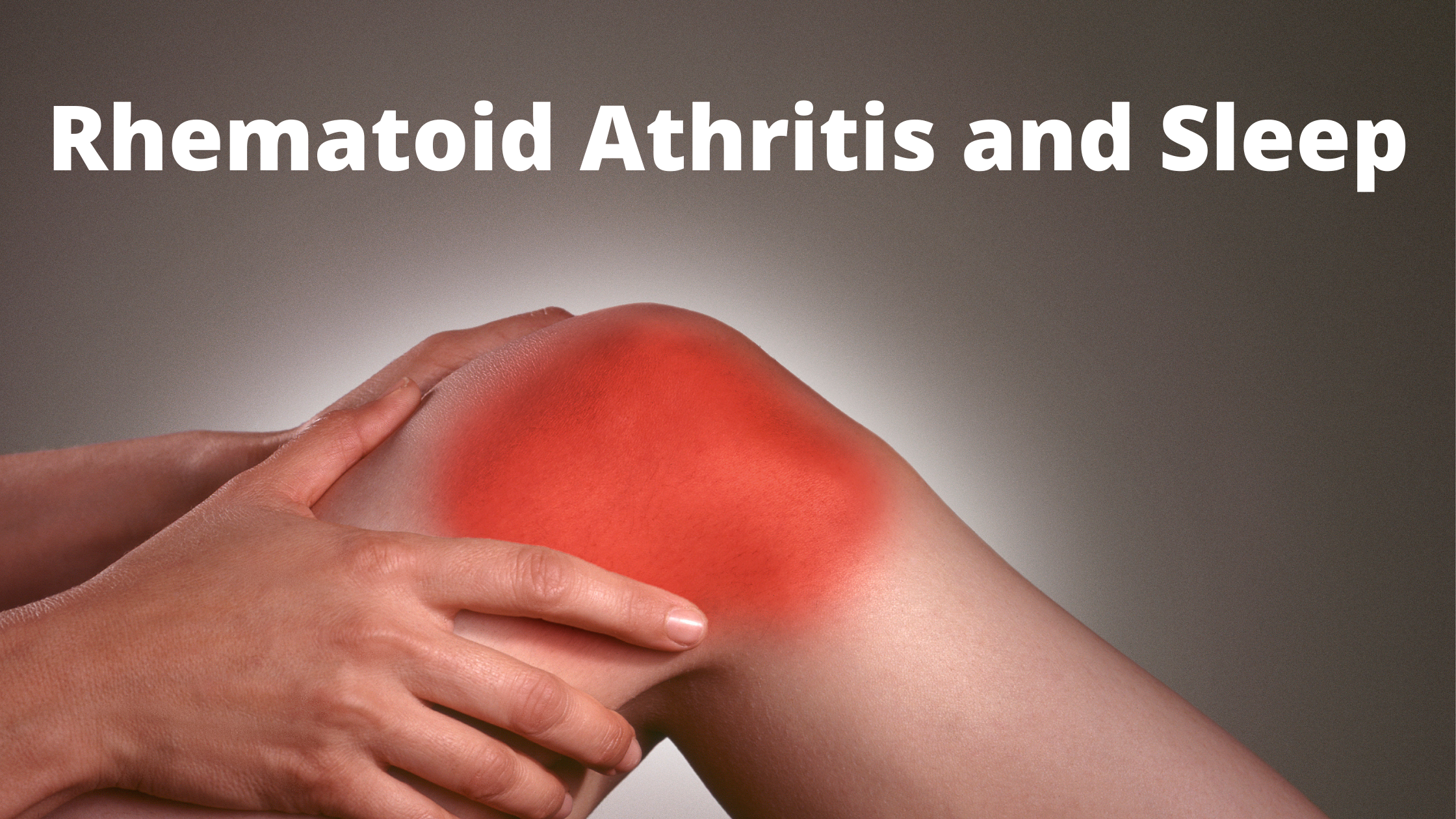
Rheumatoid arthritis (RA) is an inflammatory joint disease. The immune system is overactivated and begins to attack some of the tissues of the person impacted. Sleep issues impact more than 80% of those with RA, as fatigue is the main reported symptom. Here is some more information on how RA impacts sleep and vice versa, as well as some techniques to help alleviate the impact that one has on the other.
What is RA?
RA is an inflammatory disease. This means that is is caused by an overactive immune system. Inflammation, when experienced in normal amounts, is actually a positive mechanism that your body uses to help heal from infections, injuries, and illness.
However, occasionally, this system gets a little overzealous, and begins to activate even when it's not necessary. This can cause extreme discomfort and additional health issues, like RA.
RA is an inflammatory disease that affects the joints. Any place where two bones come together is considered a joint. When these areas are inflamed, movement between those two bones can be very painful. The wrists, fingers, knees, and ankles are all major joints that can be specifically targeted. This can be pretty painful and disruptive considering those joints are used for many of the movements in day-to-day life.
Why Sleep Matters?
Sleep problems can increase levels of stress hormones and aggravate flare ups. RA gets worse in times when excess hormones are created due to emotional or mental stress, illness or injury. Even without these flare ups, without sleep, one with RA may not be able to properly manage their symptoms. Throughout sleep, the body releases many hormones and anti inflammatory hormones and chemicals that could help heal the damage from the immune cells. Without sleep, these chemicals and hormones never get released.
Besides increased flare ups, those with RA and sleep disruptions tend to have higher levels of depression, pain severity and performing normal daily functions, than RA patients who don't have sleep problems. During sleep, growth hormone is released, whose job it is to repair broken tissue, so without sleep, levels of growth hormone remain very low.
Anxiety, Stress and Sleep
It's important to get pain under control for RA patients. Without this, the sheer discomfort will stop individuals from doing other things that could improve their health, such as exercising, cooking, continuing to work and participate in hobbies.
Those who are newly diagnosed may need assistance identifying and dealing with areas of anxiety in regards to their diagnosis. This anxiety could present patients from getting the sleep they need. Someone with RA, who has anxiety about their diagnosis and how to manage it may need to work on identifying what makes them so nervous, and what are some practices to overcome that.
In addition to being anxious about a new diagnosis, additional stressors from work, relationships, mental health, and just the fear of going anywhere and being in unbearable pain can continue the burden of anxiety which can reduce sleep.
Regardless of which stage patients are in, anxiety is a common concern, and by working with a therapist or another support person to identify the root of these issues, those with RA may be able to overcome some of these issues so they can get better rest.
Medications and Sleep
Some common RA medications may also contribute to sleeplessness. One is a steroid called prednisone, which is an anti-inflammatory agent. It can cause insomnia, agitation or depression. Taking it earlier in the day is best because by the time it wears off, it will be time to go to bed.
Another is called hydroxychloroquine which can sometimes cause people to be jumpy nervous and twitchy. If these medications are interfering with one's ability to sleep, then it's important they speak with their doctor to work on a better dose or an additional sleep aid.
Fragmented Sleep
Sleep fragmentation, or not getting good quality sleep, occurs in more than half of patients with RA. Sleep comorbidities, additional sleep issues, may include restless leg syndrome, or sleep apnea.
RLS is a disorder where there are tingling or itchy feelings throughout the legs that can only be relieved with movement. This can truly disrupt sleep and make it hard to get throughout the night without waking up.
RA patients may just not be able to sleep due to pain, or anxiety, however, if there is a chance that there is an underlying sleep disorder, then it's important patients speak with their doctor to get a sleep study and treatment.
If you have RA and think your sleep problems may be deeper than anxiety and pain, then please click the orange button below to take a free online sleep test and speak with a sleep health professional as soon as possible.
Sleep and Pain
Another big reason that individuals with RA struggle with sleeping is because they have a low pain threshold, even when inflammation is under control. Research participants with sleep problems experience higher pain sensitivity than those without sleep troubles. These results indicate a lack of sleep that can interfere with the way the central nervous system processes pain.
Pain sensitivity and markers of inflammation increase when sleep is disrupted, even in those without RA or another chronic illness.
Getting better sleep
A good night's sleep can improve your pain and ability to manage it. Talk to your doctor if you are not sleeping, as that can be the catalyst to a host of other problems.
One way to improve your sleep is to improve your sleep hygiene. This means improve the activities you do before bed, creating an environment optimal for sleep, and reducing anything stimulating that could disrupt your sleep.
https://www.arthritis.org/health-wellness/healthy-living/managing-pain/fatigue-sleep/rheumatoid-arthritis-and-sleep

